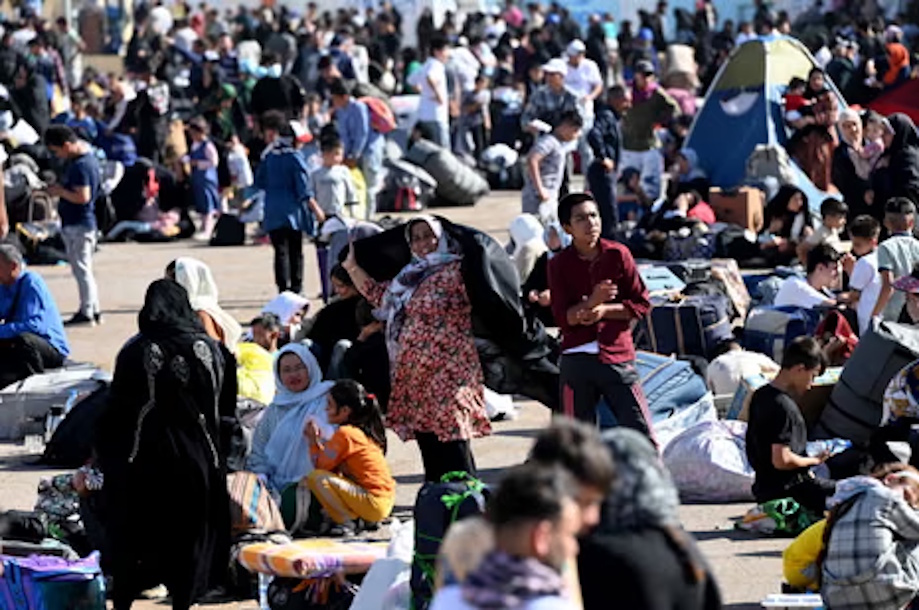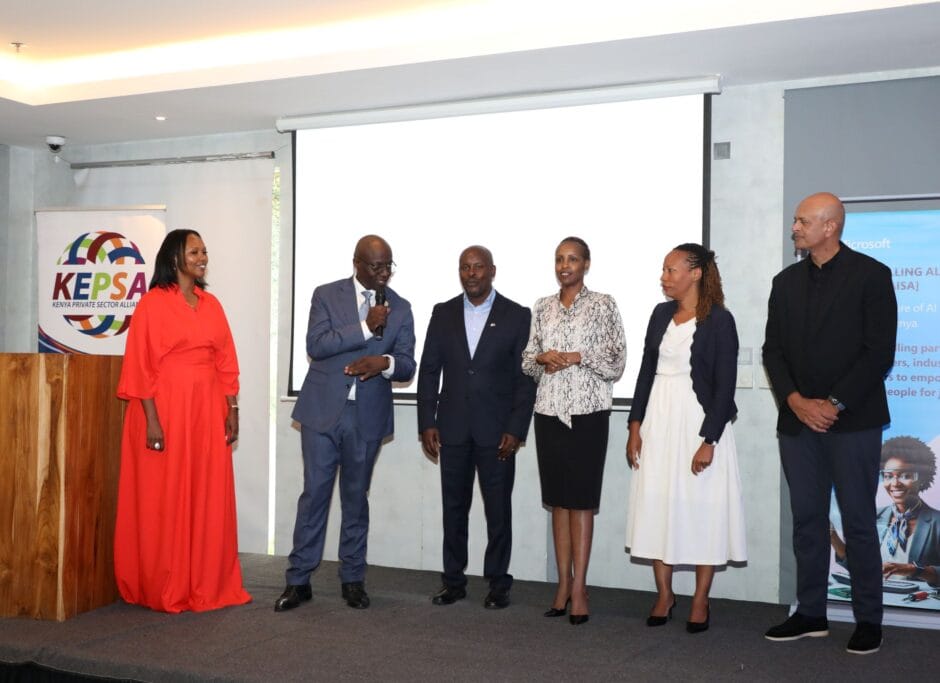Copyright dawatmedia24

KABUL – The United Nations has been forced to suspend its critical humanitarian operations at Afghanistan’s primary border crossing with Iran, a direct response to new Taliban edicts preventing Afghan women from working at the site. The move underscores the escalating tension between the de facto authorities and international aid organizations, with dire consequences for the most vulnerable returnees to the country. The suspension at the Islam Qala border crossing was announced on Tuesday after Taliban officials enforced restrictions that effectively barred female national staff from their duties. This enforcement is an extension of the Taliban’s systematic crackdown on women’s rights, which began in December 2022 with a ban on women working for non-governmental organizations (NGOs) and was expanded to United Nations offices in April 2023. “Immediate Operational Challenges” and a Crisis of Dignity Indrika Ratwatte, the UN’s Deputy Special Representative and Humanitarian Coordinator in Afghanistan, confirmed the operational pause to Agence France-Presse. He stated that the Taliban’s decision creates “immediate operational challenges” and, more critically, endangers “the lives and dignity of returning Afghan women and girls.” The absence of female staff presents an insurmountable barrier to providing essential services. In Afghanistan’s highly segregated society, cultural norms prevent male staff from assisting unrelated women and girls. “Without our female staff, we cannot conduct needs assessments, provide specific health services, or offer psychosocial support to returning women and children in a manner that is both effective and consistent with basic human dignity,” Ratwatte explained in a subsequent UN statement. “This is not a choice; it is an operational and ethical necessity.” A Lifeline for Returnees, Now Severed The Islam Qala crossing is a vital humanitarian artery. It is the main entry point for Afghan refugees being repatriated from Iran. According to UN figures, over 1.2 million Afghans have returned through this crossing so far in 2024, part of a massive influx of 2.2 million returnees from neighboring countries, primarily Iran and Pakistan. Women and children constitute more than 60 percent of these returnees, many of whom arrive in precarious health and with minimal possessions. The UN’s operations at the border include emergency food and water distribution, medical screenings, child protection services, and referrals for shelter. The suspension of these services leaves a massive gap in the humanitarian safety net at a time of unprecedented need. A Deepening Pattern with Global Repercussions This incident is the latest flashpoint in the Taliban’s ongoing campaign to erase women from public life. Since returning to power in 2021, the regime has banned girls from secondary and university education, restricted women’s movement, and mandated head-to-toe coverings. The ban on female aid workers has already crippled humanitarian efforts across the country. Numerous NGOs have partially or fully suspended operations, as they rely on female staff to access and assess the needs of women and children, who are often the most affected by the country’s severe economic and food crises. “This is not an isolated incident but part of a deliberate policy that is strangling Afghanistan’s humanitarian response,” said a Kabul-based analyst for an international human rights organization, who spoke on condition of anonymity. “When you remove half your national workforce and systematically exclude half the population from receiving aid, the entire system collapses. The international community is being pushed into an impossible position.” Diplomats and aid officials warn that the Taliban’s latest actions risk further cementing Afghanistan’s global isolation. The UN and major donor countries are being forced to reconsider their entire engagement strategy, which has long balanced delivering lifesaving aid with pressuring the regime on human rights. “The Taliban’s gender-based restrictions are the single greatest obstacle to granting them any form of international legitimacy or normalized relations,” a Western diplomat based in the region noted. “By continuing down this path, they are choosing isolation over the well-being of their own people, making it increasingly difficult for the world to respond.” As the standoff continues, hundreds of thousands of vulnerable returnees, predominantly women and children, now face an even more uncertain and perilous future upon crossing the border into their homeland. Support Dawat Media Center If there were ever a time to join us, it is now. Every contribution, however big or small, powers our journalism and sustains our future. Support the Dawat Media Center from as little as $/€10 – it only takes a minute. If you can, please consider supporting us with a regular amount each month. Thank you DNB Bank AC # 0530 2294668 Account for international payments: NO15 0530 2294 668 Vipps: #557320 Donate Here



